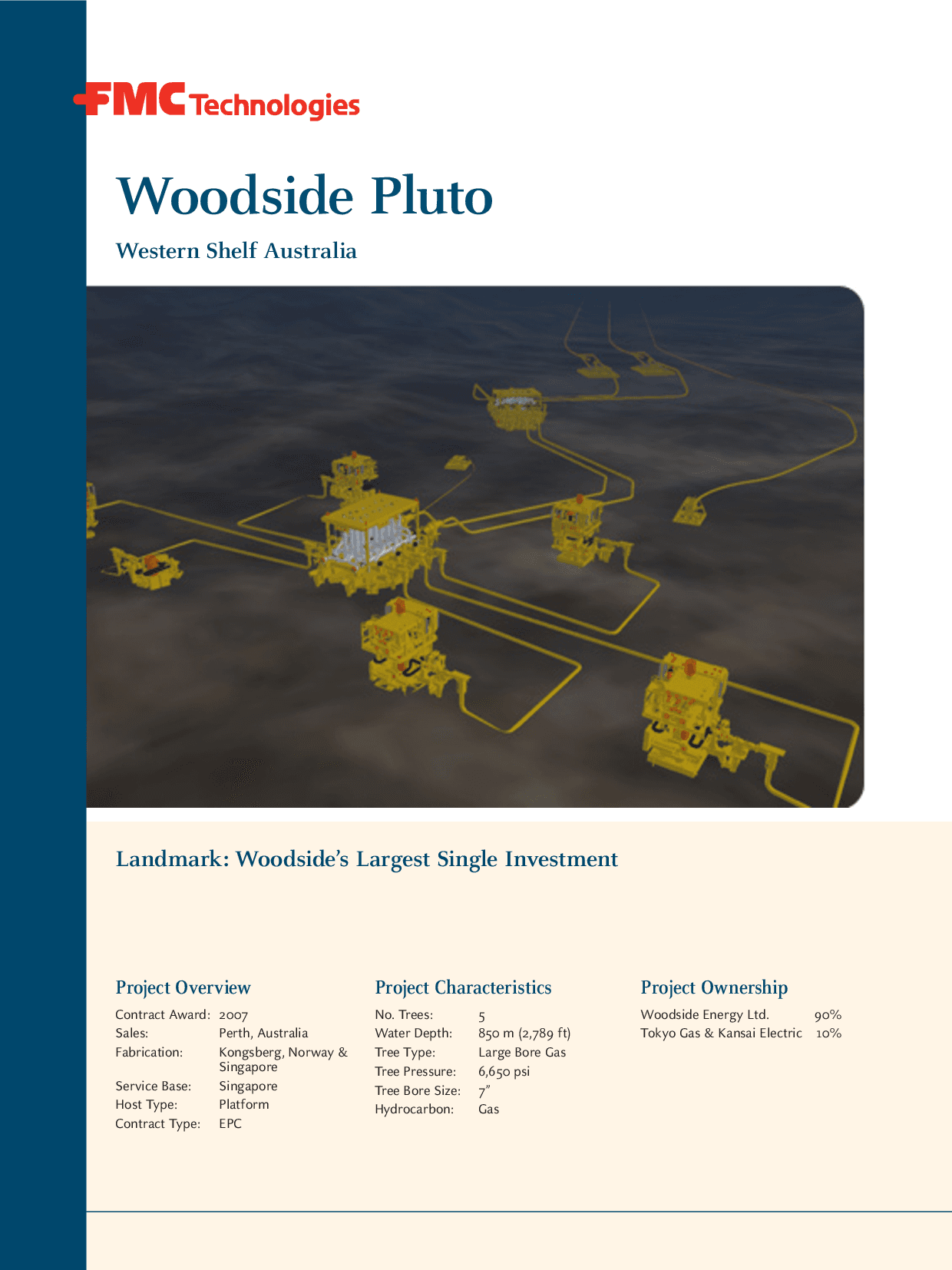Australian tribunal allows strike ballot at Woodside Pluto 2 project
Australia’s Fair Work Commission has authorised unions to ballot members for industrial action at the Pluto LNG 2 expansion, ordering votes to be held by December 4, 2025. A strike could interrupt construction work and threaten Woodside Energy’s plan to ship the project’s first cargo in the second half of 2026, with broader implications for supply chains and resource sector wages.

The Fair Work Commission on November 24 authorised unions to hold a ballot on industrial action at the Pluto LNG 2 project, the contentious expansion now under construction by Bechtel for Woodside Energy. The commission directed that ballots be completed by December 4, setting the stage for union members to decide whether to pursue strikes that could halt work on a major Australian liquefied natural gas expansion.
The Offshore Alliance, representing the Maritime Union of Australia and the Australian Workers Union, has pressed for higher pay for workers on the site. If the ballot results in authorisation of industrial action, work stoppages could disrupt schedules and raise the risk that Woodside will not meet its target to dispatch the first Pluto 2 cargo in the second half of 2026. Delays would affect contractor timelines, local suppliers and the wider LNG supply chain that supports exports and shipping services tied to the project.
Pluto 2 is a high profile case in a series of labour disputes in resource sector construction that have increasingly centred on pay and conditions. Australia remains a major global LNG supplier, and large projects such as Pluto 2 are capital intensive, with tight schedules and interdependent procurement chains. Even short stoppages on a site under heavy engineering and fabrication pressure can translate into weeks or months of delay once rework and rescheduling are factored in.
Market implications would be material if the ballot leads to action. For Woodside, a missed shipping window would delay production revenue and could elevate costs through overtime, accelerated shipping of critical components, and potential contract claims with the main contractor. For global buyers and shipping markets, delays in a project scheduled to add incremental LNG supply in 2026 would come against a backdrop of variable demand patterns in Asia and Europe. Portfolio managers and commodity traders will monitor outcomes closely for any sign of tightening in spot supply or shipping availability that could put upward pressure on spot LNG prices.
The dispute also intersects with Australian industrial relations and broader labour market trends. Employers in the resource construction sector cite a scarcity of skilled trades, high input costs and the need to protect project economics. Unions are citing lagging pay relative to the intense demands and risks on remote construction sites. The Fair Work Commission’s authorisation of the ballot reflects a legal framework aimed at balancing the right to industrial action with the public interest in continuity of critical projects.
Policymakers face a delicate choice between encouraging investment in the energy sector and managing labour market pressures that feed into inflation and project costs. For investors and local communities, the outcome of the ballot will be a key signal about the likelihood of timely project delivery and the evolving balance of bargaining power on major Australian infrastructure builds.
The ballot result, and whether it leads to strikes, is expected to be known shortly after December 4. The decision will determine whether Pluto 2 proceeds on its current schedule or enters a period of disruption with cascading economic effects.


